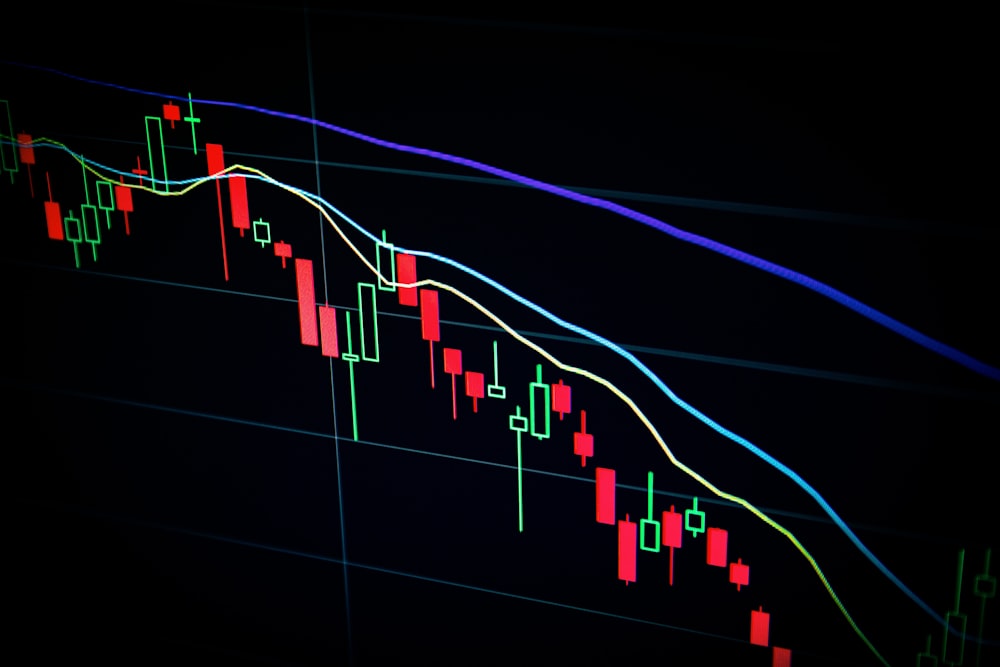📚 Table of Contents
Why Consider Global Market Investments?
In an increasingly interconnected world, the allure of global market investments has never been stronger. With opportunities spanning across continents, investors can diversify their portfolios, tap into emerging economies, and potentially achieve higher returns than domestic markets alone. But is venturing into international markets as rewarding as it seems, or does it come with hidden pitfalls? This article explores the pros and cons of global market investments in exhaustive detail, providing actionable insights for both novice and seasoned investors.
Advantages of Investing in Global Markets
One of the most compelling reasons to invest globally is diversification. By spreading investments across different regions, investors can mitigate risks associated with economic downturns in any single country. For example, while the U.S. stock market might experience a slump, Asian or European markets could be thriving, balancing overall portfolio performance.
Another advantage is access to high-growth markets. Emerging economies like India, China, and Brazil often offer higher growth potential compared to mature markets. Companies in these regions may experience rapid expansion, translating into significant returns for early investors. For instance, investing in Chinese tech giants like Alibaba or Tencent a decade ago would have yielded exponential gains.
Currency diversification is another benefit. Holding assets in multiple currencies can act as a hedge against domestic currency devaluation. If the U.S. dollar weakens, investments in stronger currencies like the Euro or Swiss Franc can preserve or even enhance portfolio value.
Lastly, global investments provide exposure to industries that may not be well-represented in domestic markets. For example, South Korea leads in semiconductor manufacturing, while Germany excels in automotive engineering. Investing globally allows participation in these specialized sectors.
Challenges and Risks of Global Investments
Despite the advantages, global market investments come with significant risks. Political instability is a major concern. Countries with volatile governments or frequent policy changes can pose substantial risks to investors. For instance, sudden nationalization of industries in Venezuela wiped out foreign investments overnight.
Currency fluctuations can also erode returns. While currency diversification is a benefit, adverse exchange rate movements can diminish profits when converting back to the investor’s home currency. A strong dollar, for example, can reduce the value of overseas earnings for U.S. investors.
Regulatory and tax complexities add another layer of difficulty. Different countries have varying tax laws, reporting requirements, and investment restrictions. Navigating these can be cumbersome and may require expert advice, increasing costs.
Liquidity risks are another factor. Some global markets, especially in developing countries, may lack the depth and liquidity of major exchanges like the NYSE or NASDAQ. This can make it difficult to buy or sell large positions without affecting market prices.
Effective Strategies for Global Market Investments
To maximize returns and minimize risks, investors should adopt well-researched strategies. One approach is to invest through global mutual funds or ETFs, which provide instant diversification across multiple countries and sectors. Funds like Vanguard Total International Stock ETF (VXUS) offer exposure to thousands of non-U.S. stocks with a single investment.
Another strategy is to focus on countries with stable political environments and strong economic fundamentals. Nations with robust legal systems, transparent governance, and growing GDPs, such as Canada or Australia, tend to be safer bets for long-term investments.
Hedging against currency risk is also crucial. Investors can use financial instruments like currency futures or options to protect against adverse exchange rate movements. Alternatively, investing in multinational corporations that generate revenue in multiple currencies can naturally hedge against currency volatility.
Finally, staying informed about global economic trends is essential. Subscribing to international financial news, attending webinars, and consulting with global investment advisors can provide valuable insights into emerging opportunities and risks.
Real-World Examples of Global Investment Success and Failure
Success stories abound in global investing. For instance, early investors in Samsung, a South Korean conglomerate, saw massive returns as the company grew into a global tech leader. Similarly, those who invested in Amazon during its early days benefited from its expansion into international markets.
On the flip side, there are cautionary tales. The 1997 Asian Financial Crisis devastated investors in Thailand, Indonesia, and South Korea as currencies collapsed and stock markets plummeted. More recently, the Brexit referendum caused significant volatility in UK and European markets, catching many investors off guard.
Another example is the Chinese real estate market. While it offered high returns during its boom years, the recent collapse of major developers like Evergrande has left many investors facing substantial losses.
Conclusion
Global market investments present a double-edged sword, offering unparalleled opportunities for diversification and growth while posing unique challenges. By understanding the pros and cons, adopting sound strategies, and learning from past successes and failures, investors can navigate the complexities of international markets more effectively. Whether you’re a seasoned investor or just starting, the key lies in thorough research and a balanced approach.


Leave a Reply